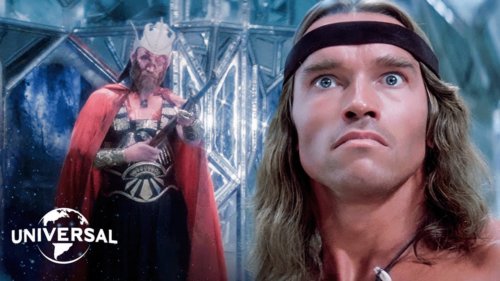Would you stand by your child if she was slowly dying of a gruesome and highly contagious illness? That’s the central question that Arnold Schwarzenegger has to face in “Maggie,” a terminal illness drama where the malady at hand involves morphing into a member of the flesh-eating undead.
Director Henry Hobson’s film imagines a world devastated by zombies — although no one ever says that word. Instead of turning to genre conventions, though, “Maggie” stays small, intimate, and fascinatingly realistic.
Set in a small Midwestern town, society is still tenuously functioning amid the breakout. For many, life continues as normally as possible. “Maggie” is zombie tale that is more interested in the microcosm — the effects of the virus on the family unit and the community, not the shocks and thrills of an all-out war.
If this seems like a surprising choice for Schwarzenegger, it is. Even more surprising? He’s pretty great. “Maggie,” ultimately, is a fascinating experiment in genre that has captured a side of Schwarzenegger that the movies have not seen before — an impressive, exciting and worthy accomplishment in and of itself.








